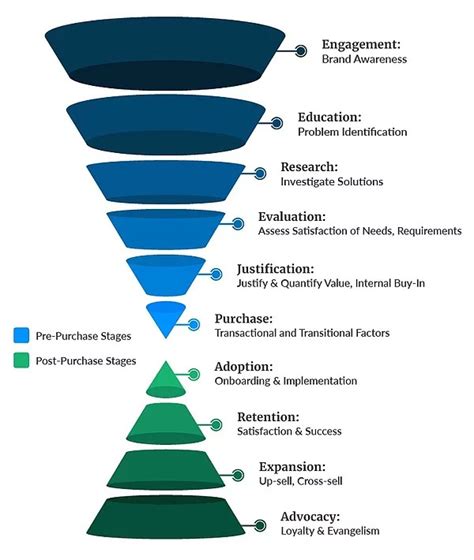In today’s fast-paced digital landscape, leveraging the latest CRM tools is essential for optimizing your marketing automation and lead nurturing strategies. As businesses strive to enhance efficiency and drive engagement, choosing the right CRM tool can make all the difference. This article explores why investing in CRM tools is crucial, how they improve marketing efficiency, and what key features to look for. We’ll delve into the importance of personalization, effective lead nurturing, and the top CRM tools for 2024. Additionally, we’ll discuss the significance of integration with other marketing tools, effective implementation strategies, and performance metrics to ensure sustained growth. Stay ahead of the curve with expert insights on enhancing your marketing processes.
Delve into this topic with sizecredit.com to gain a thorough understanding.
1. Why Invest in CRM Tools?
Investing in CRM tools is a strategic decision that can significantly enhance your business’s marketing and customer relationship management efforts. These tools provide a centralized platform for managing interactions with customers, streamlining workflows, and automating repetitive tasks. By consolidating customer data into a single system, CRM tools enable you to gain a comprehensive understanding of customer behaviors, preferences, and engagement patterns. This data-driven approach allows for more personalized and targeted marketing efforts, ultimately leading to increased customer satisfaction and loyalty.
Furthermore, CRM tools improve efficiency by automating routine tasks such as follow-ups, email campaigns, and lead tracking. This automation not only saves time but also reduces the risk of human error, ensuring that every customer interaction is timely and accurate. By integrating CRM tools with other marketing platforms, businesses can achieve a seamless flow of information across various channels, enhancing the overall effectiveness of marketing strategies.
Investing in CRM tools also provides valuable insights into your marketing performance through detailed analytics and reporting features. These insights help in identifying successful strategies, understanding areas for improvement, and making informed decisions to drive growth. In summary, CRM tools are essential for businesses looking to enhance their marketing efforts, improve customer relationships, and achieve long-term success.
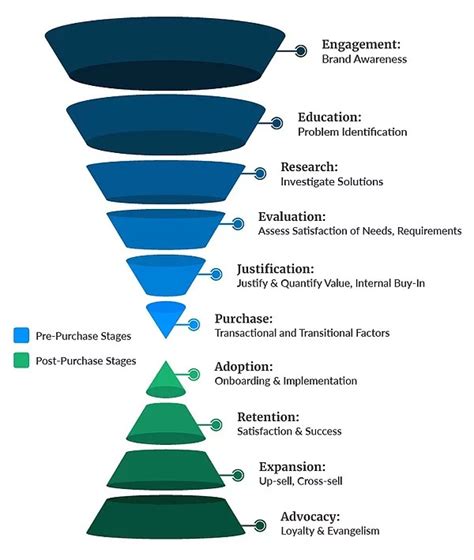
2. How CRM Tools Improve Marketing Efficiency
CRM tools enhance marketing efficiency by streamlining processes and automating routine tasks, allowing businesses to focus on strategic initiatives. By centralizing customer data, CRM tools provide a comprehensive view of interactions and behaviors, which enables marketers to design more targeted and effective campaigns. Automation features, such as email sequencing and lead scoring, reduce manual effort and ensure timely follow-ups, improving the overall responsiveness of marketing efforts.
With CRM tools, businesses can segment their audience based on various criteria, such as purchase history and engagement level. This segmentation facilitates personalized communication, which is more likely to resonate with recipients and drive higher conversion rates. Additionally, CRM tools offer advanced analytics and reporting capabilities that track campaign performance and customer interactions. These insights help marketers understand what strategies are working, identify areas for improvement, and make data-driven decisions to optimize their marketing tactics.
Integration with other marketing platforms, such as social media and content management systems, further enhances efficiency by creating a unified view of customer engagement across channels. This seamless integration ensures that marketing efforts are coordinated and that customer data is consistent, leading to a more cohesive and efficient marketing strategy. Overall, CRM tools are pivotal in boosting marketing efficiency by automating tasks, personalizing interactions, and providing actionable insights.
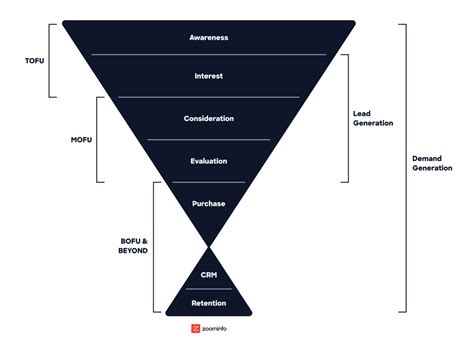
3. What to Look for in a CRM Tool
When selecting a CRM tool, several key features should be considered to ensure it meets your business needs. First, look for robust data management capabilities that allow you to store, organize, and analyze customer information effectively. The tool should offer customizable fields and segmentation options to tailor the CRM to your specific requirements.
Ease of use is crucial; choose a CRM with an intuitive interface that minimizes the learning curve for your team. Integration capabilities are also important—ensure the CRM can seamlessly connect with other marketing tools, such as email platforms and social media channels, to create a unified workflow.
Automation features should include options for managing email campaigns, lead nurturing, and follow-up reminders to streamline tasks and increase efficiency. Advanced analytics and reporting tools are essential for tracking performance and gaining insights into customer behavior.
Finally, consider scalability and support. The CRM should be able to grow with your business and provide reliable customer support to address any issues. By focusing on these aspects, you can select a CRM tool that enhances your marketing processes and drives better results.
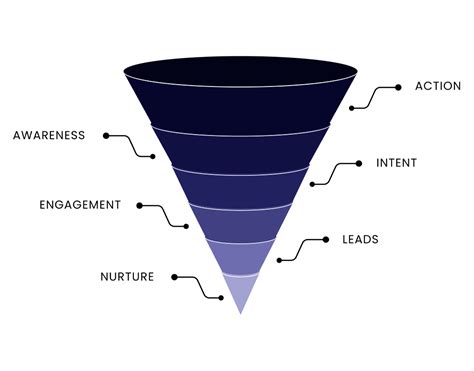
4. Why Personalization Matters in CRM
Personalization is a critical component of CRM tools because it significantly enhances customer engagement and satisfaction. By leveraging detailed customer data, CRM tools enable businesses to tailor interactions and communications to individual preferences and behaviors. This level of customization makes customers feel valued and understood, leading to stronger relationships and increased loyalty.
Personalization can be applied across various touchpoints, including targeted email campaigns, personalized product recommendations, and customized content. For example, a CRM can automate personalized email sequences based on customer purchase history or browsing behavior, ensuring that the content is relevant and timely. This approach not only improves the effectiveness of marketing efforts but also enhances the overall customer experience.
Furthermore, personalized interactions drive higher engagement rates and conversion opportunities. When customers receive content and offers that align with their interests and needs, they are more likely to take desired actions, such as making a purchase or participating in a promotion. Personalization also helps in building a more accurate customer profile over time, allowing for even more precise targeting and improved marketing strategies. In essence, personalization through CRM tools transforms generic marketing into meaningful connections, fostering long-term customer relationships and business growth.
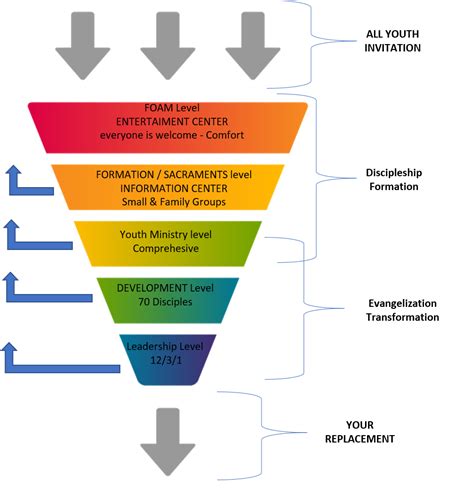
5. How CRM Tools Nurture Leads
CRM tools play a crucial role in lead nurturing by automating and optimizing the process of engaging with potential customers. Through features like lead scoring and segmentation, CRM tools help prioritize leads based on their interactions and likelihood to convert. This enables targeted follow-ups and personalized communication strategies.
Automated email campaigns can be set up to deliver relevant content and offers at the right time, keeping leads engaged and moving through the sales funnel. CRM tools also track lead interactions, providing insights into their interests and behavior, which allows for tailored messaging and timely outreach.
Furthermore, CRM tools facilitate seamless follow-up with automated reminders and task management, ensuring that no lead is overlooked. By nurturing leads with personalized and timely communication, CRM tools increase the chances of conversion and build stronger relationships with potential customers. This systematic approach to lead nurturing ultimately drives more successful sales outcomes and business growth.
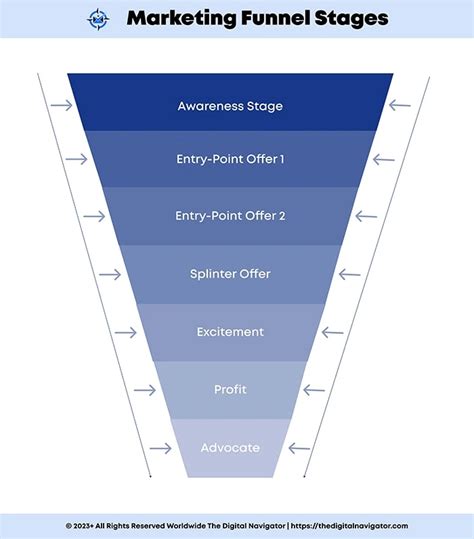
6. What are the Top CRM Tools for 2024?
For 2024, several CRM tools stand out for their innovative features and robust performance. Salesforce remains a top choice due to its extensive customization options and powerful integration capabilities. HubSpot CRM is highly praised for its user-friendly interface and comprehensive free features, making it ideal for small to mid-sized businesses.
Zoho CRM offers strong automation and analytics tools at a competitive price, providing excellent value for various business sizes. Microsoft Dynamics 365 stands out for its deep integration with other Microsoft products and advanced AI-driven insights.
Pipedrive is known for its intuitive sales pipeline management and effective lead tracking, while Freshsales delivers a well-rounded solution with its easy-to-use interface and AI-driven features. Each of these tools provides unique benefits, so selecting the right one depends on your specific needs and business goals.
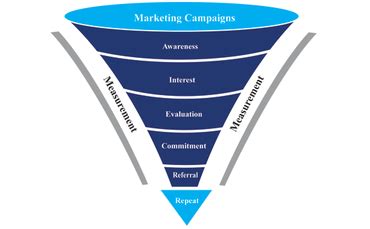
7. Why Integration with Other Marketing Tools is Crucial
Integration with other marketing tools is crucial for maximizing the effectiveness of CRM systems. By connecting CRM tools with platforms such as email marketing software, social media channels, and content management systems, businesses can achieve a unified view of customer interactions and streamline their marketing efforts.
Seamless integration ensures that data flows smoothly between systems, eliminating data silos and providing a comprehensive understanding of customer behavior across various touchpoints. This interconnected approach enables more accurate tracking of campaign performance, customer engagement, and lead progression.
For instance, integrating a CRM with email marketing tools allows for automated, personalized email campaigns based on customer data and interactions recorded in the CRM. Similarly, linking CRM systems with social media platforms helps in managing and tracking social interactions and campaign effectiveness in real-time.
Furthermore, integration facilitates more efficient workflows by automating repetitive tasks and reducing manual data entry. It ensures consistency and accuracy across all marketing channels, leading to a more cohesive and effective marketing strategy.
In essence, integrating CRM tools with other marketing technologies enhances overall marketing efficiency, provides deeper insights into customer behavior, and drives better results through coordinated and personalized interactions.
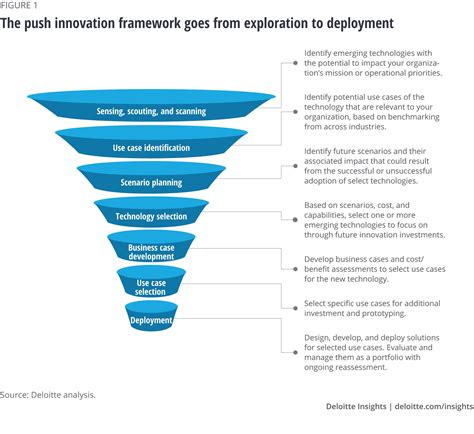
8. How to Implement CRM Tools Effectively
To implement CRM tools effectively, start by clearly defining your business goals and identifying the specific needs of your marketing team. Choose a CRM that aligns with these objectives and offers the features necessary for your operations.
Begin with a well-planned implementation strategy, including a detailed timeline and resource allocation. Ensure that key stakeholders are involved in the process to address any concerns and facilitate a smoother transition.
Training is crucial—provide comprehensive training for your team to ensure they understand how to use the CRM tools effectively. This will help maximize adoption and minimize resistance.
Integrate the CRM with your existing marketing tools to create a seamless workflow and ensure data consistency. Regularly review and analyze CRM performance metrics to assess the effectiveness of your strategies and make data-driven adjustments.
Lastly, continuously update and refine your CRM practices based on feedback and evolving business needs. This iterative approach will help you maintain an effective CRM system that supports your marketing goals and drives growth.
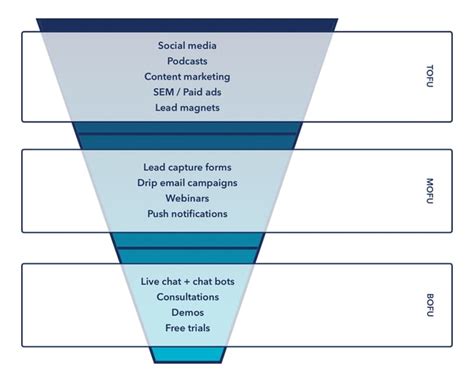
9. What to Expect from CRM Tool Performance Metrics
CRM tool performance metrics are essential for evaluating the effectiveness of your CRM system and its impact on your marketing efforts. Expect to see a range of metrics that provide insights into various aspects of customer interactions and campaign performance.
Key metrics include lead conversion rates, which track the percentage of leads that turn into customers, and engagement rates, which measure how effectively your communications are resonating with your audience. Additionally, you should monitor email open and click-through rates to assess the effectiveness of your email campaigns.
Customer retention rates are another important metric, reflecting how well your CRM strategies are maintaining long-term relationships. Sales cycle length and win rates provide insights into how efficiently leads are being nurtured and closed.
Other valuable metrics include customer satisfaction scores and feedback, which offer direct insights into how your CRM tools are enhancing the customer experience. Regularly reviewing these performance metrics helps in identifying successful strategies, areas for improvement, and opportunities for optimizing your CRM system.
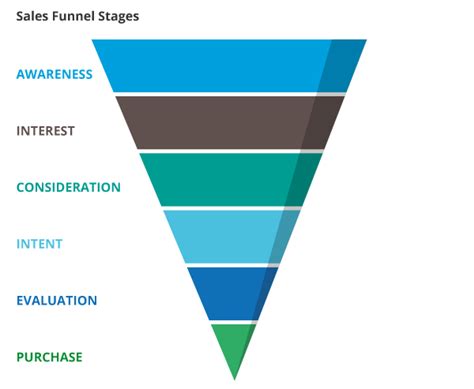
10. Why Continuous Improvement and Updates Matter
Continuous improvement and updates are vital for maintaining the effectiveness and relevance of CRM tools. As market conditions, customer expectations, and technological advancements evolve, regularly updating your CRM system ensures it remains aligned with your business needs and industry standards.
Continuous improvement involves regularly reviewing and refining CRM practices based on performance metrics, user feedback, and emerging trends. This iterative approach helps in identifying areas for enhancement and implementing new features or functionalities that can boost efficiency and effectiveness.
Updates are crucial for addressing security vulnerabilities, improving system performance, and incorporating the latest innovations in CRM technology. Regular updates also ensure compatibility with other integrated tools and platforms, maintaining seamless operations across your marketing ecosystem.
By prioritizing continuous improvement and keeping your CRM system up-to-date, you not only enhance its performance but also adapt to changing business environments, ultimately driving sustained growth and better customer relationships. This proactive approach helps you stay competitive and responsive to evolving market demands.
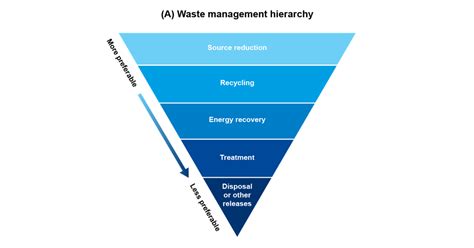
In conclusion, CRM tools are essential for optimizing marketing automation and lead nurturing, offering significant benefits in efficiency and personalization. By choosing the right CRM tool and integrating it effectively with other marketing systems, businesses can enhance customer interactions, streamline workflows, and drive better results. Regularly evaluating performance metrics and embracing continuous improvement ensure that your CRM system evolves with your needs and industry advancements. Investing in a robust CRM tool and maintaining its effectiveness through updates will empower your business to achieve sustained growth, build stronger customer relationships, and stay co
sizecredit.com
